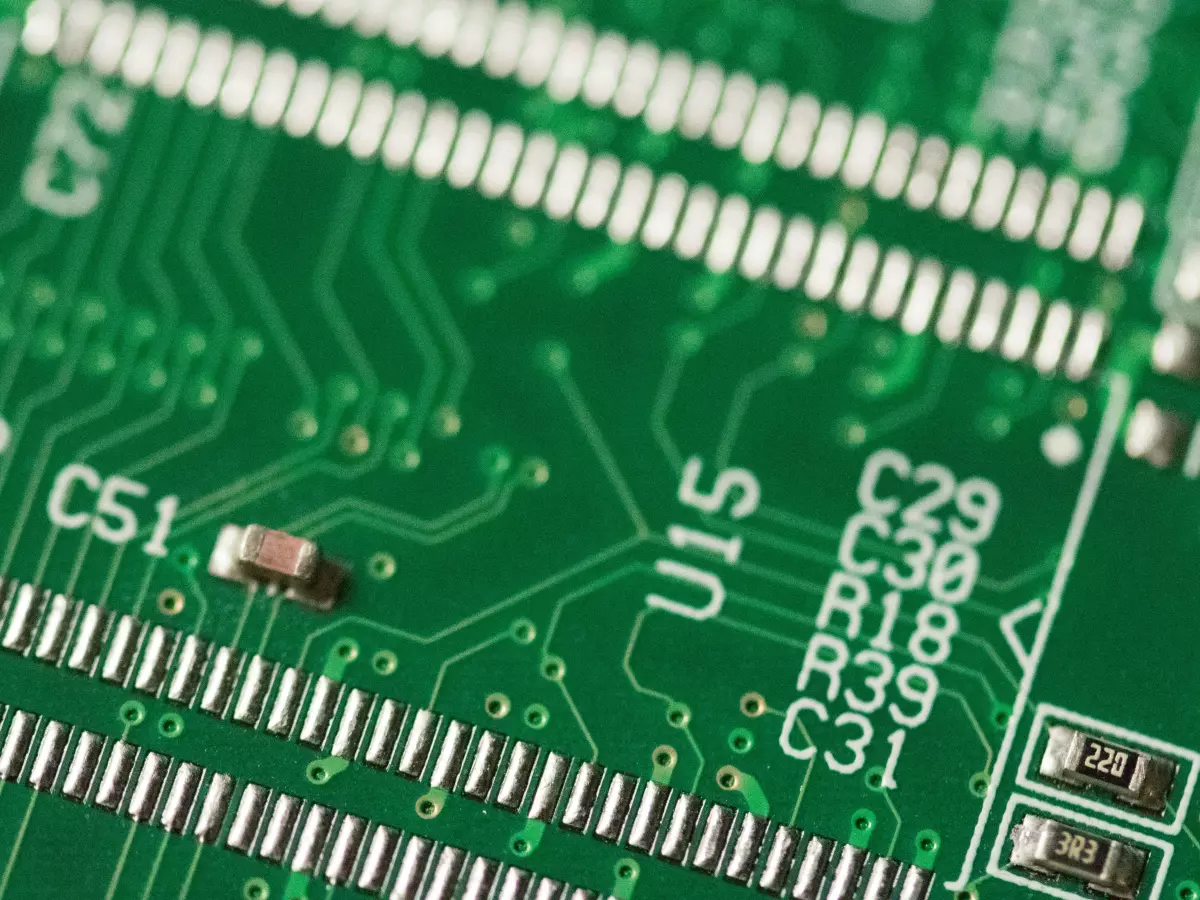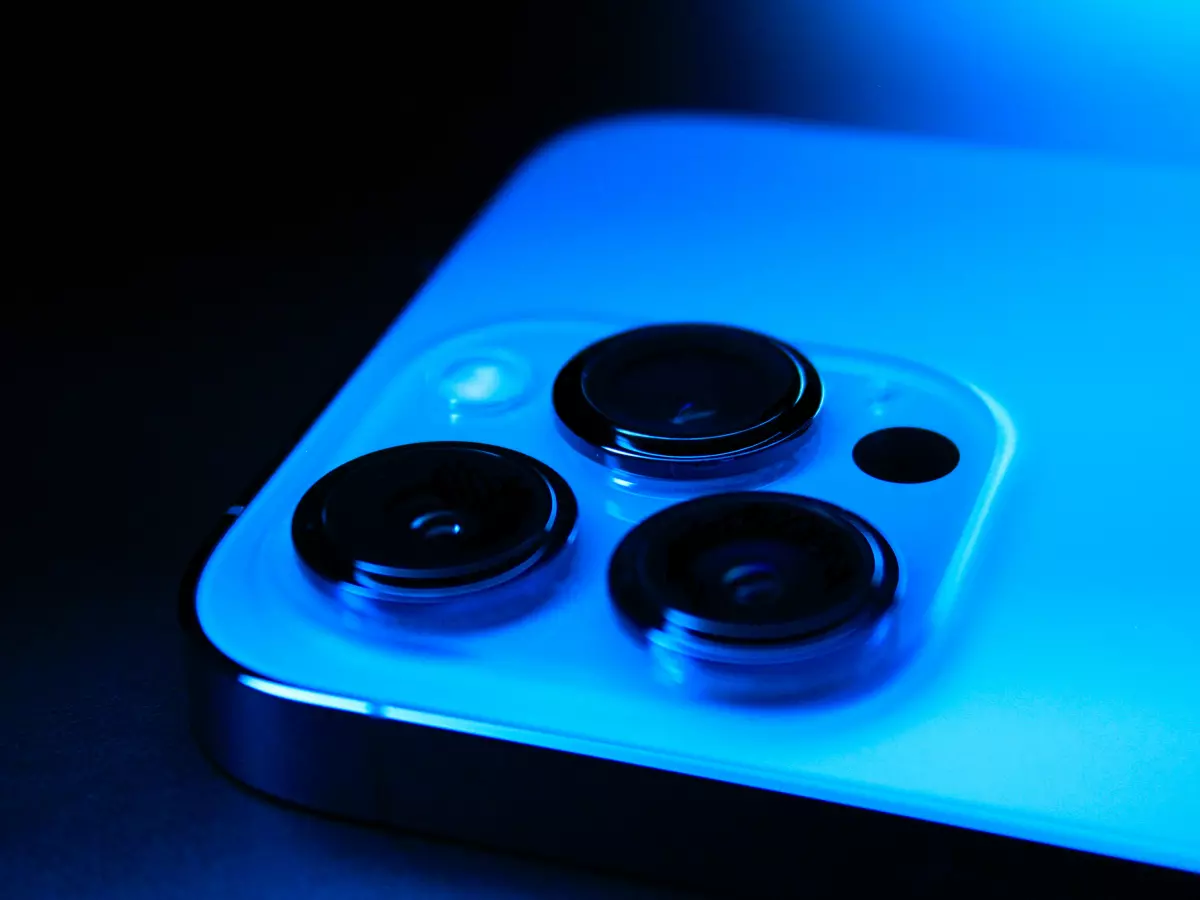Wired vs. Wireless
Let's face it: the headphone jack is dead, and USB-C might be next. But is wireless really the future, or are we just being forced into it?

By Tomás Oliveira
Smartphone manufacturers have been slowly but surely pushing us toward a wireless future. First, they killed the headphone jack. Then, they started phasing out physical buttons, and now, even charging ports seem to be on the chopping block. But is this really progress, or are we just being nudged into a future where convenience comes at the cost of performance and reliability?
On one side, we have the traditionalists—those who believe that physical ports are essential for reliability, speed, and versatility. On the other, we have the wireless enthusiasts who argue that fewer ports mean fewer points of failure and a cleaner, more streamlined design. So, which side is right? Let’s dive into the pros and cons of each to figure out where the future of smartphones is really headed.
The Case for Ports: Speed, Reliability, and Versatility
Let’s start with the obvious: physical ports are fast. Whether it’s USB-C or Lightning, wired connections offer significantly faster data transfer rates than their wireless counterparts. For example, USB-C can transfer data at speeds up to 40Gbps, while wireless technologies like Bluetooth and Wi-Fi are still lagging behind. If you’re someone who frequently transfers large files, like videos or high-res photos, a physical port is still your best bet.
Then there’s reliability. Wireless connections are notorious for being finicky. Ever tried to connect a Bluetooth speaker and spent five minutes wondering why your phone can’t find it? Yeah, we’ve all been there. Physical ports, on the other hand, are plug-and-play. You don’t have to worry about pairing, interference, or signal dropouts. You plug in, and it works. Simple as that.
Lastly, physical ports offer versatility. Need to connect your phone to a car stereo? Use an aux cable. Want to charge your phone while listening to music? You can do that with a splitter. Physical ports give you options, and in a world where smartphones are trying to do everything, having options is never a bad thing.
The Wireless Revolution: Convenience at a Cost?
But let’s not pretend wireless doesn’t have its perks. For one, it’s incredibly convenient. Wireless charging means you don’t have to fumble with cables every time you want to juice up your phone. Just drop it on a charging pad, and you’re good to go. And with wireless headphones, you’re no longer tethered to your device, giving you more freedom to move around.
Then there’s the design aspect. Fewer ports mean fewer holes in your phone, which in turn means better water and dust resistance. This is especially important as smartphones become more rugged and durable. Plus, let’s be real: a phone without any ports just looks sleeker. It’s the kind of minimalism that tech enthusiasts drool over.
But here’s the catch: wireless tech isn’t perfect. Wireless charging, for example, is slower than wired charging. While a USB-C cable can charge your phone to 50% in about 30 minutes, wireless charging can take twice as long. And don’t even get me started on wireless data transfer speeds. Sure, Wi-Fi 6 is fast, but it’s still not as fast or reliable as a good old-fashioned cable.
Durability: Ports vs. Wireless
One of the biggest arguments for going wireless is durability. Physical ports are prone to wear and tear. How many times have you had to wiggle your charging cable just to get it to work? Over time, ports can get clogged with dust, or worse, they can break entirely. Wireless tech, on the other hand, eliminates this problem. No ports, no wear and tear.
But before you throw your cables in the trash, consider this: wireless tech has its own durability issues. Wireless charging generates heat, which can degrade your battery over time. And wireless headphones? They’re easy to lose, and their batteries don’t last forever. So while wireless might seem more durable on the surface, it’s not without its own set of problems.
What’s the Future?
So, where does that leave us? Are we destined for a portless future, or will physical connections continue to have a place in our smartphones? The truth is, it’s probably going to be a mix of both. Wireless tech will continue to improve, but it’s unlikely to completely replace physical ports anytime soon. For now, physical ports still offer better performance, reliability, and versatility, especially for power users. But as wireless tech catches up, we might see more and more phones ditching ports in favor of a cleaner, more streamlined design.
In the end, it’s all about what you value more: convenience or performance. If you’re someone who prioritizes speed, reliability, and versatility, physical ports are still the way to go. But if you’re all about convenience and don’t mind a few trade-offs, wireless tech might just be the future you’ve been waiting for.




